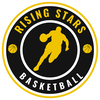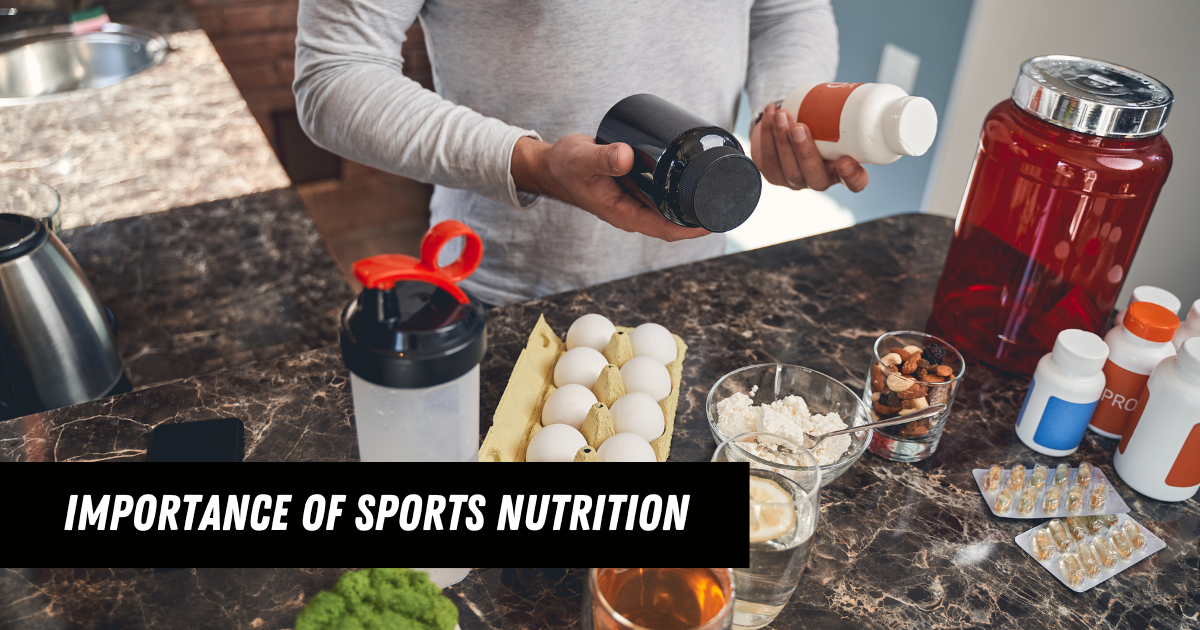The Importance of Sports NutritionOne of the most overlooked aspects of team sports, athletics and training is nutrition, hydration and recovery. When we're younger, we could probably pound a quarter pounder with cheese, a large fry and 32oz sugar-laden soda, then turn around and go play in a tournament without any issues.
I think back to all of these weekend tournaments in the Great Northwest Basketball League where concession stands are loaded with greasy pizza slices, sugary sports drinks, hot dogs, chips and candy. This isn't exactly the model of quality nutrition to refuel the bodies of young growing individuals. I'm sure we have all heard the sentiment, "you are what you eat." That's extremely true. You may not see the immediate drawbacks of devouring greasy pizza, burgers or sugary drinks between games and practices, but they do amass in the result of delayed recovery, foggy brains and sluggish performance. NFL Legend, Ray Lewis said an in interview when asked how he is able to continue performing at a high level "I'm watching these guys, with their cheeseburgers and stuff," he says. "And you're going to compete against me? Even if you're younger and faster, your fuel won't let you beat me." Now, Ray Lewis was an extreme competitor on the highest level of sports performance, in the NFL. We're talking about young growing athletes - they're allowed to live and be kids. There is truth to his statement, though. While we don't have to take things to the extreme, we do have to factor in that these young bodies are growing, and breaking down their bodies through sports, games, tournaments, practices, and training. Should they not be privvy to nutrient-dense foods that nourish and repair their bodies and minds?
Sports nutrition is important for several reasons:
Overall, sports nutrition plays a vital role in optimizing performance, supporting recovery, reducing the risk of injuries, and promoting overall health and well-being for athletes. What does a generic sports nutrition plan look like?In short, a general sports nutrition plan for everyone could look very simple. However, sports nutrition plans are going to vary by the individual, their activity level, their rest/recovery cycle, extra curriculars, body composition, and age - to name a few.
Here are some quick pointers you can implement today that would cater to every body 'type'.
Parent DisclaimerParents, you know your children better than any coach does. Please use this information as purely educational and if you wish to add any of these elements into your athletes routines, feel free to experiment with what works. I only share these because I'm a Certified Sports Nutritionist with the American Fitness and Sports Association, and know that young athletes are missing out on vital nutrients.
In conclusion, we are all looking out for the best interest of our athletes, and ensuring that our athletes are minimizing the risk of injury, sickness and giving them the best opportunity for success in the long-term. |
Rising Stars Basketball |
Areas ServedHayward Wisconsin
Lac Courte Oreilles Winter Wisconsin Bruce Wisconsin Hurley Wisconsin Birchwood Wisconsin Bayfield Wisconsin Ashland Wisconsin |
Rising Stars BasketballWisconsin AAU Basketball
Crossover Crew 3v3 Basketball League Skills Camps Tips & Articles Workouts & Drills Podcast |
Contact Us |
Rising Stars Basketball Club | 10767 Nyman Ave, Hayward Wisconsin | www.Rising-Stars.us | Powered by Superior Marketing

